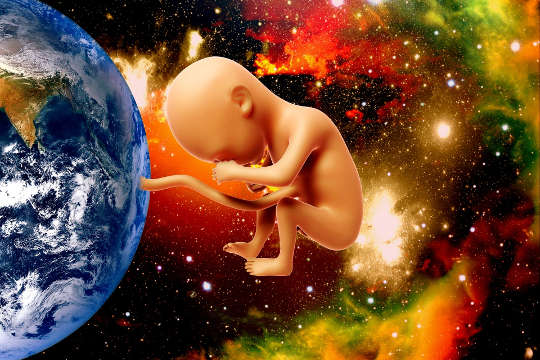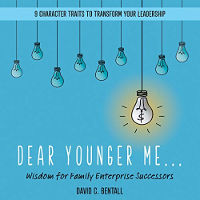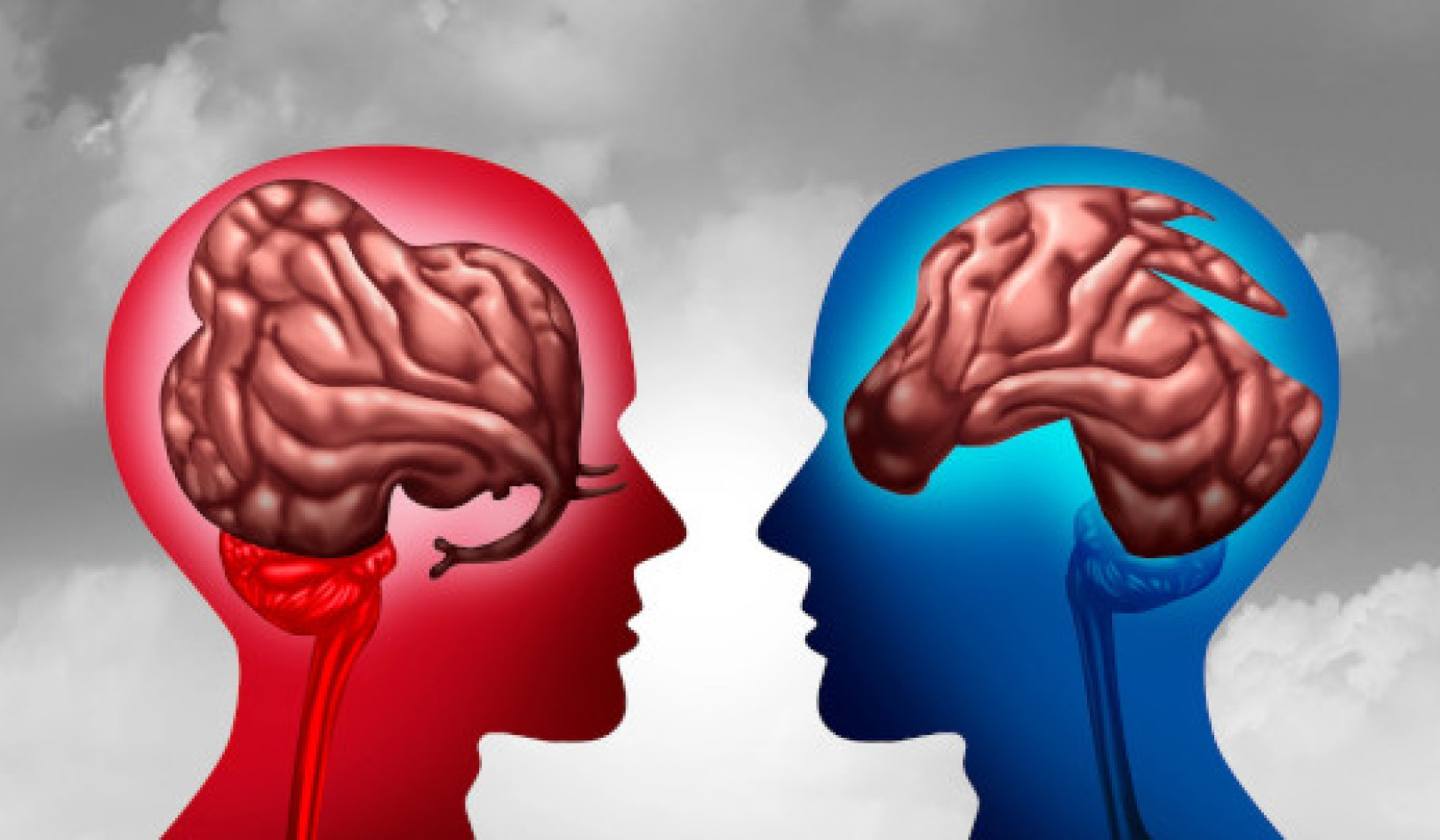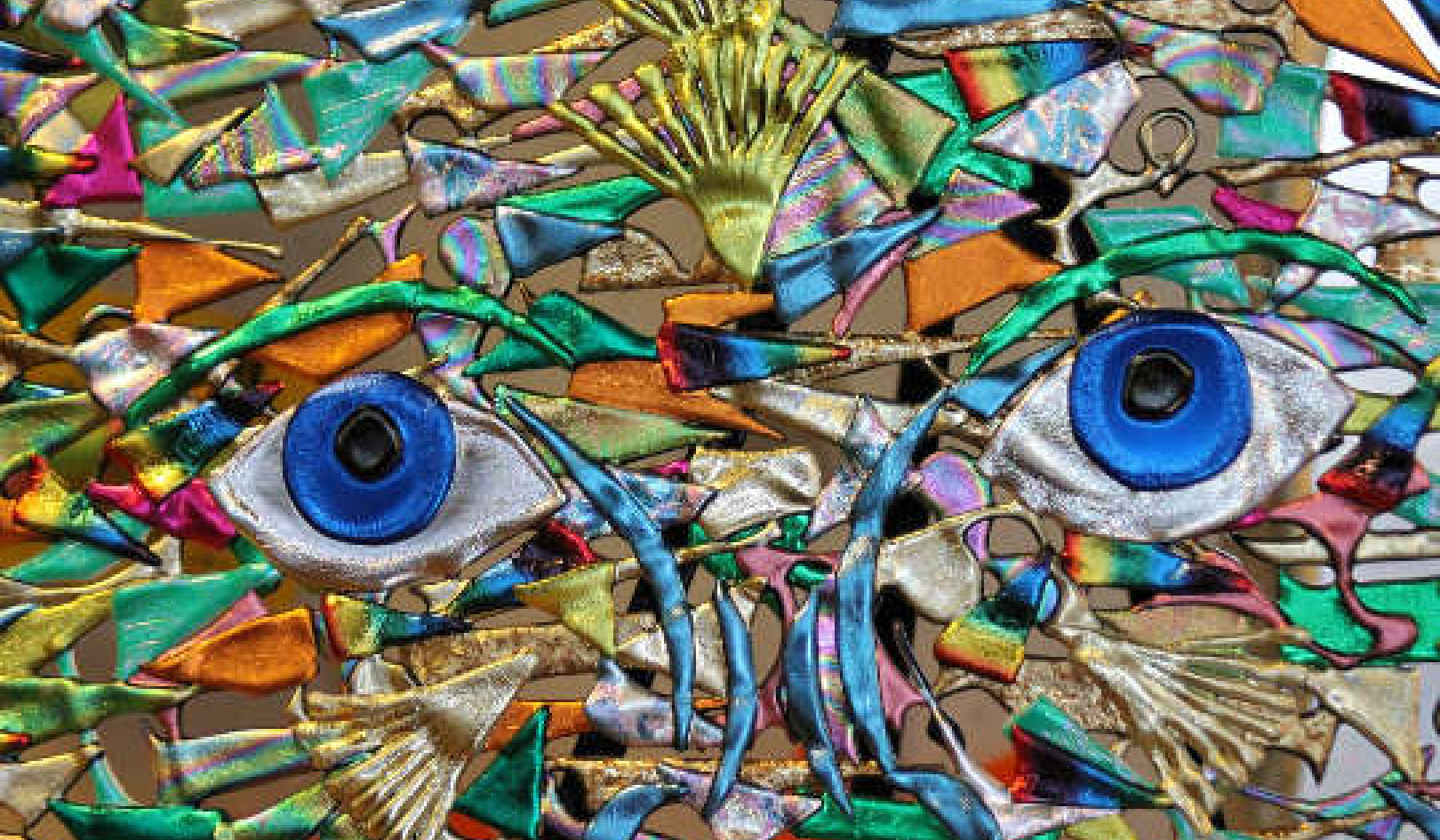
Image by Peter Schmidt
“Gratitude is the recognition that life owes me nothing and all the good I have is a gift.” – Robert Emmons
When our son, Jon, was in his teens, he was like most healthy young adults who struggle to individuate from their parents and find their own path in life. It was a difficult passage for him to navigate (as it was for us, as his parents), and he often seemed unhappy. Fortunately, his outlook on life began to shift when he spent a few days in Mexico and had a brief glimpse into how the rest of the world lives.
When Jon was in Grade 11, Alison and I decided that our entire family would benefit from joining a mission group to build a house for a needy family in Tijuana, Mexico. So we piled into the family van, drove to Tijuana, and spent five hot, sweaty, exhausting days building a small two-bedroom home. Despite the heat and the physical labour, it was extremely rewarding to see the build completed in just under a week.
During that time, Alison and I noticed something else that we had not expected—Jon was truly enjoying himself. Like most teenagers, he had not been particularly eager to work under the authority of others. But as the hours passed, he developed a close connection with the foreman and, apparently, discovered that he enjoyed swinging a hammer and working with a skill saw. He was (and still is) a strong, athletic young man, and it was gratifying to watch as he found satisfaction in using his physical abilities to help others.
After the house was completed, we began our long drive home to Canada. Jon sat silently in the back row of the van, as if he was trying to get as far away from his parents as possible. When we crossed the border into California, it was not long before we pulled over at an In-N-Out Burger to get our first taste of American food in several days. Once we were fed and back on the road, Jon blurted out, “You know what’s wrong with this family, Dad?”
His question certainly caught our attention, and, almost simultaneously, Alison, our three daughters, and I all swivelled our heads to look at Jon at the back of the van. Frankly, in that moment, I did not want to know Jon’s thoughts on what he felt was wrong with our family—but I knew I was about to find out.
His assessment? “Not enough gratitude ... Thanks for the burger, Dad!”
A New Perspective
Alison and I were thrilled to hear Jon’s comments and to see the change in perspective that our working vacation seemed to have initiated. When we got home, many of our ongoing arguments about rules and material things seemed to lose their intensity and importance. For example, prior to Mexico, Jon was convinced that he had to have brand-new stereo speakers for his car; now they seemed insignificant. This new-found appreciation even extended to the first-class education he was receiving. Earlier, he had considered academics to be a frustrating and meaningless challenge; by the time he graduated, he had come to see it for what it was—a privilege.
Jon was still a normal teenager; the difference was that he had begun to view his life through a lens of gratitude. Once he saw people struggling for the basic necessities of life, it began to dawn on him how fortunate he was to live in relatively privileged circumstances and in a country like Canada.
Where Is Our Gratitude?
We live in a culture where many pursue happiness by accumulating things.
Yet there are a lot of people who, at some point in their lives, have started to wonder why having more “stuff” does not satisfy. Nonetheless, there remains an inner thirst for more, and, thanks to the power of advertising and marketing, Western society continues to be fuelled by the belief that more things make for a better life. In some cases, a few things can make a major difference.
However, as the old adage goes, “money cannot buy happiness,” and constantly acquiring more things often ruins our appreciation for what we have. It is hard to savour and enjoy what we have if we are always clamouring for more.
Our Failure to Appreciate
Why do we fail to appreciate all that we have? Here are some of the most important reasons:
Habituation
Gratitude is missing, for the most part, because we have too much stuff. This First-World problem has even been given a name—habituation. Journalist Annalisa Barbieri writes that habituation is a process that dictates that the more possessions you have, the less likely you are to appreciate them.
According to Barbieri, having too many tangibles (e.g., TV, smart-phones, cars) only “makes you want more because the thrill of acquisition is short lived.” As a result of the emotional letdown that follows making a purchase and the habituation that makes us less appreciative of what we have, “we are locked in a never ending cycle of dissatisfaction.”
Entitlement
Similarly, someone who has always gotten what they wanted tends to develop an attitude of expectation rather than a sense of appreciation, and it is not long before these expectations develop into deep-rooted feelings of entitlement.
Entitlement says, “life owes me something” or “I deserve this.” In her New York Times best-selling book The Gratitude Diaries, author Janice Kaplan quotes a Yale professor who has observed that many teenagers have not only the expectation that their parents will give them what they want but the belief that their parents are obligated to do so. They have a spirit that “fights gratitude” and encourages them to view their privileges and/or gifts as nothing special. As Kaplan notes, looking at privilege as something that is owed to you is “not a mindset that creates a grateful disposition.”
Self-Absorption
Those who grow up in affluent homes are also at risk of becoming self-absorbed, and without a broader perspective, a sense of gratitude does not develop. If a person has been isolated from the common challenges or hardships of ordinary life and virtually everything they want has been provided for them, they can come to believe that the world revolves around them.
This environment is a breeding ground for self-absorption and self-importance, both of which are polar opposites to gratitude. According to the Greater Good Science Centre at the University of California Berkeley, ungrateful people tend to be characterized by arrogance, vanity, an excessive sense of self-importance, and an “unquenchable” need for admiration and approval; in short, “they expect special favors and feel no need to pay back or pay forward.”
In the end, the adage that “a person completely wrapped up in themselves makes a pretty small package” is probably quite true.
Ruined by Wealth
In his best-selling book David and Goliath, Malcolm Gladwell relates a conversation he had with “one of the most powerful people in Hollywood,” who said that young people raised in affluent families are often “ruined by wealth.” Because they have too much money at their disposal and are not required to earn the money, some fail to understand where the money comes from. In addition, receiving money without needing to work for it often leads individuals to lose their ambition, any sense of pride, and, most disturbingly, “their sense of self-worth.”
Unfortunately, by trying to protect kids from the need to struggle, parents can cause permanent harm. It is not unlike what happens when a butterfly fails to develop its wings. As a butterfly struggles to push its way through the tiny opening of the cocoon, this exertion pushes fluid out of its body and into its wings. “Without the struggle, the butterfly would never, ever fly.”
Gratitude Changes Us at the Core
Tony Dungy, winner of two Super Bowls and former coach of the Indianapolis Colts, once remarked that “what’s in the well comes up in the bucket.” In other words, that which is at our core is revealed whenever we are forced to dig deep. Consequently, if we hold a sense of entitlement in our hearts, entitlement tends to spill over into everything we do and all of our relationships. On the other hand, if we are grateful at our core, then gratitude pours out and positively impacts our personal and professional relationships.
A heart of gratitude inevitably helps an individual to develop many of the other powerful traits and virtues, such as humility, empathy, and forgiveness. In sum, a heart of gratitude may eventually spark a complete transformation of character.
Gratitude Changes How We See Ourselves and Others
As seen with my son, Jon, at the beginning of this chapter, gratitude is like a new lens through which to view the world and our part in it. If you are a successor and are able to see yourself as fortunate rather than entitled, other changes ensue:
-
You see your work as an opportunity, rather than a birthright.
-
You see others as team members, rather than pawns to be used or manipulated.
The Discipline of Expressing Gratitude
A colleague of mine has a simple strategy for cultivating gratitude in his own life. Before he goes to bed each night, he reflects on his day and writes a handful of thank-you notes. He has done this every night for years. This daily habit forces him to consider all that he has to be grateful for in his own life and ensures that he communicates his gratitude to others. Reflecting on all he has received and sharing his gratitude with others is an effective and practical way of cultivating gratitude. Beyond that, it has also become a way of blessing others.
My sister Helen begins her days with thankfulness. Sitting in her favourite chair with a cup of coffee, she goes through some inspirational readings and then lists in her journal at least three things for which she is thankful.
Similarly, my friend Marina starts every day by having coffee with her husband and daughter. At the end of this special time, they pray together. Marina always thanks God for something specific about her husband and daughter and some blessing in her life, such as her home or simply for a beautiful sunny day. This practice gives Marina the opportunity to vocalize her appreciation to her family and ensures that her day begins with a positive moment of gratitude.
As a child I was trained to say “please” and “thank you.” Now, as a grandparent, I am insistent that our grandchildren learn these habits too.
Expressing gratitude out loud to others shapes the attitude of our hearts and minds and is a simple act that can transform relationships.
Copyright 2022. All Rights Reserved.
Printed with permission of the author.
Article Source:
BOOK: Dear Younger Me
Dear Younger Me: Wisdom for Family Enterprise Successors
by David C. Bentall
 Most business leaders eventually discover that their education, leadership skills and years of hard work do little to prepare them for leading through the realities of a family business and the critical challenges encountered, that if not harnessed, can tear a family business apart.
Most business leaders eventually discover that their education, leadership skills and years of hard work do little to prepare them for leading through the realities of a family business and the critical challenges encountered, that if not harnessed, can tear a family business apart.
In Dear Younger Me David Bentall explores the nine most important character traits that he wished he had been wise enough to develop when he was a young executive. These traits present practical guidance and advice for cultivating emotional intelligence and personal character, and transforming leadership through HUMILITY, CURIOSITY, LISTENING, EMPATHY, FORGIVENESS, GRATITUDE, CRITICAL THINKING, PATIENCE and CONTENTMENT. David believes that each trait is necessary for successors to develop the skills and relationships required to successfully lead any family enterprise.
For more info and/or to order this book, click here. Also available as an Audiobook and as a Kindle edition.
About the Author
 David C. Bentall is founder of Next Step Advisors and has been advising family enterprises for over 25 years. He also has a deep understanding of the succession process, acquired as a third-generation executive in his family's real estate and construction businesses. Additionally, he is a gifted author, coach, speaker and facilitator.
David C. Bentall is founder of Next Step Advisors and has been advising family enterprises for over 25 years. He also has a deep understanding of the succession process, acquired as a third-generation executive in his family's real estate and construction businesses. Additionally, he is a gifted author, coach, speaker and facilitator.
His book, Dear Younger Me: Wisdom for Family Enterprise Successors explores the character traits critical for navigating the interpersonal demands of a family business enterprise. Learn more at NextStepAdvisors.ca.


























